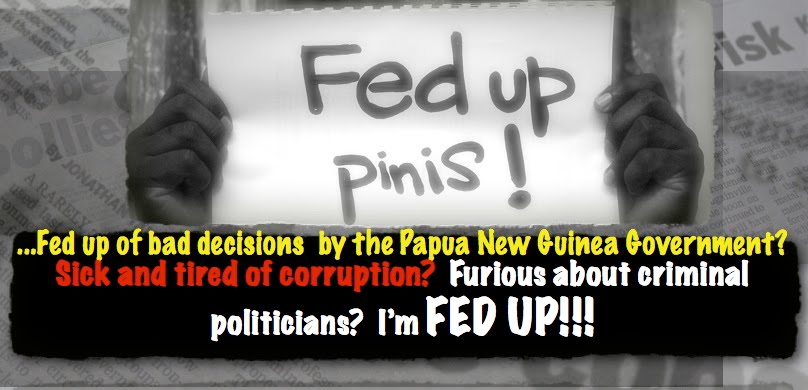1. MPs’ democratic rights to resign from their political parties;
2. MPs’ rights or choices to vote for a prime minister;
3. MPs’ rights to remove a prime minister in a vote of no-confidence;
4. MPs’ choices when voting on the national budget; and
5. MPs’ rights to cast their votes to enact or repeal a constitutional law.
THE law that has regulated the conduct of Members of Parliament has been thrown out, prompting speculations moves were being made to overthrow Prime Minister Sir Michael Somare.
In a unanimous ruling, the Supreme Court yesterday declared unconstitutional parts of the Organic Law on the Integrity of Political Parties and Candidates (OLIPPAC) that place restrictions on MPs when they vote for the prime minister, the budget, any constitutional laws, and whether they want to remain within a political party or change allegiance. The five-judge bench, chaired by Chief Justice Sir Salamo Injia, upheld all the 12 questions raised by Western Governor Dr Bob Danaya, whose provincial government filed the challenge in court.
While this decision effectively ruled those particular sections raised by Danaya as null and void; every other section of the OLIPPAC remained intact, the court said.
Sir Salamo, who read out the decision, said the bench held that “any Organic Law relating to section(s) 50 Rights of the Constitution must be regulated and not restrict or prohibit” MPs of their democratic rights, as had been done by the OLIPPAC.
Sir Salamo said their ruling concentrated on five central issues, relating to MPs’ democratic rights of movements from political parties and their rights or choices to vote in parliamentary decision relating to:
*The retracting of MPs from one political party to another – at will – in the best interest of their constituencies;
*The voting of a prime minister;
*Voting on the national budget; and
*Casting their votes to the enacting of a law or repealing of a constitutional law.
He said the restrictions imposed on Members of Parliament were “unheard of in any democratic countries within the Commonwealth”.
In its 96-page decision handed down yesterday morning, the five-judge bench comprising Sir Salamo, his deputy Gibbs Salika and justices Bernard Sakora, Nicholas Kirriwom and Les Gavara-Nanu stated that “the Fly River provincial government filed a special reference under section 19 of the Constitution seeking the Supreme Court’s opinion on the interpretation and application of various provisions of the Constitution and the OLIPPAC.
Provisions rendered invalid by the court are as follows:
nConstitution, ss12 (4) and 114, only to the extent that they authorise an Organic Law to restrict and prohibit the exercise of a Member of Parliament’s right under s50(1)(e) of the Constitution; and
nOLIPPAC, ss 65, 66, 67, 70 (3), 72 (2), 73 (1) (a) & (2).
Yesterday’s decision, in effect, meant that should a vote of no-confidence in the government is tabled, all MPs are at liberty to move to whichever side of the Parliament they wish to vote with.
They are no longer prohibited to stick to the party they are registered with. They can change political parties at will; they can vote on free will at enactments or repeals of enacted policies or vote on budgets.
“Not being able to do so is a thing of the past,” Loani Henao, lawyer for Danaya and the Fly River government, said soon after the decision.
Following the decision, the opposition issued a statement calling on MPs to join them to topple the prime minister.
Sources told The National talks were underway with different factions of the government and the opposition to remove Sir Michael and form a new government.
“They (talks) have been happening. They would intensify with the decision out now,” a source in Waigani said.
The source said the prime minister was also meeting with key figures of his government to ponder their next move.
Source:
By JULIA DAIA BORE
National Newspaper July 8 2010

No comments:
Post a Comment